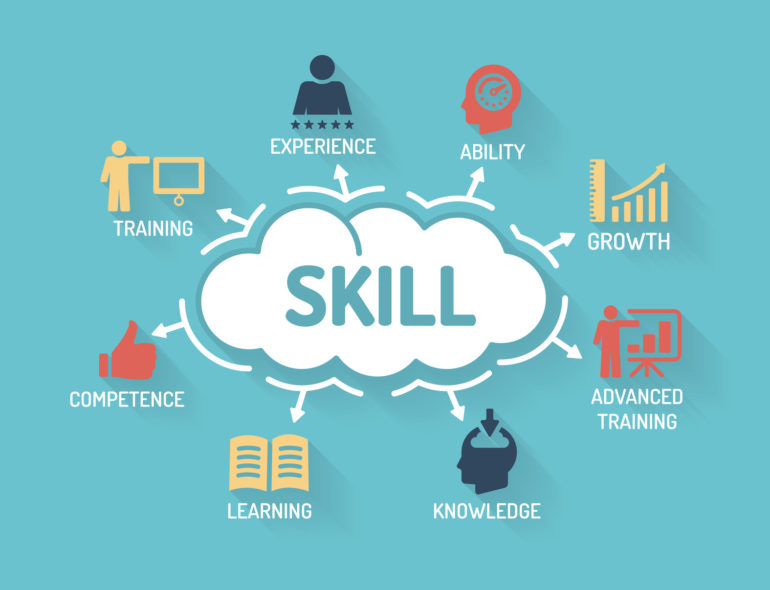Blog Details
Coding classes serve as a structured and guided way for individuals to learn programming and gain valuable skills in a rapidly evolving tech industry.
Enroll Now
IT Company Requirements For Employee Skills
1. Software Development:
a. Programming Languages:
Proficiency in one or more programming languages such as Java, Python, JavaScript, C++, etc.
Knowledge of modern frameworks and libraries.
b. Web Development:
Front-end development skills (HTML, CSS, JavaScript).
Experience with web development frameworks (e.g., React, Angular, Vue.js).
c. Back-end Development:
Server-side scripting languages (e.g., Node.js, Python, Ruby).
Familiarity with databases (SQL and NoSQL).
d. Full Stack Development:
Ability to work on both front-end and back-end development.
e. Version Control:
Proficiency with version control systems such as Git.
f. Testing and Debugging:
Knowledge of testing frameworks.
Strong debugging skills.
g. Agile Methodologies:
Experience working in an Agile/Scrum environment.
2. System Administration and IT Operations:
a. Operating Systems:
Proficiency in Linux and/or Windows.
b. Networking:
Understanding of networking concepts.
Knowledge of protocols and security measures.
c. Cloud Computing:
Familiarity with cloud platforms like AWS, Azure, or Google Cloud.
d. Server Management:
Configuration and management of servers.
e. Security:
Awareness of cybersecurity best practices.
Implementation of security measures for infrastructure.
3. Project Management:
a. Project Planning:
Proficiency in project planning and management tools.
b. Communication Skills:
Strong communication skills for effective team collaboration and client interactions.
c. Risk Management:
Ability to identify and mitigate project risks.
d. Leadership:
Leadership skills for leading development teams.
4. Quality Assurance:
a. Testing:
Knowledge of various testing methodologies.
Experience with automated testing tools.
b. Quality Control:
Implementation of quality control processes.
5. Data Science and Analytics:
a. Data Analysis:
Proficiency in data analysis tools and languages (e.g., Python, R).
b. Machine Learning:
Understanding of machine learning concepts.
Experience with machine learning frameworks.
6. UI/UX Design:
a. Design Tools:
Proficiency in design tools such as Adobe XD, Sketch, or Figma.
b. User-Centric Design:
Understanding of user experience principles.
7. IT Support:
a. Troubleshooting:
Problem-solving and troubleshooting skills.
b. Customer Service:
Strong customer service skills.
c. ITIL Framework:
Familiarity with ITIL (Information Technology Infrastructure Library) practices.
8. Soft Skills:
a. Communication:
Clear and effective communication skills.
b. Teamwork:
Ability to work collaboratively in a team environment.
c. Adaptability:
Adaptability to new technologies and changing project requirements.
d. Continuous Learning:
Commitment to continuous learning and skill development.
9. Business and Domain Knowledge:
a. Industry Knowledge:
Understanding of the industry the IT company serves.
b. Business Acumen:
Awareness of business processes and objectives.
10. Certifications:
Relevant certifications based on roles (e.g., AWS Certified Developer, Scrum Master, CompTIA Security+).
Copyright © 2023 HashProgramming Coding Classes . Developed By Cloud Regex Info Tech Pvt Ltd. All Rights Reserved



Leave a Comment